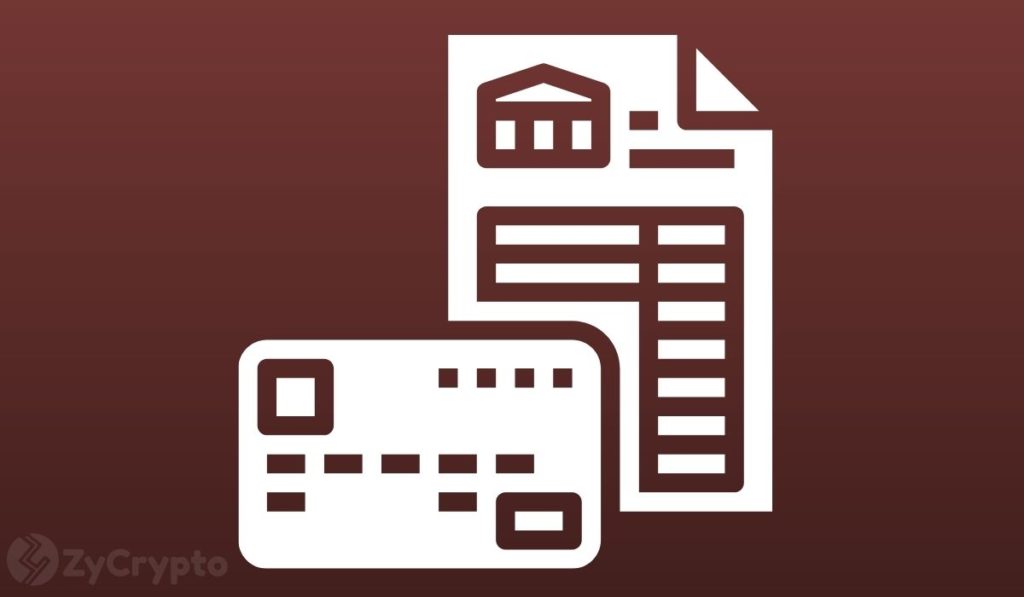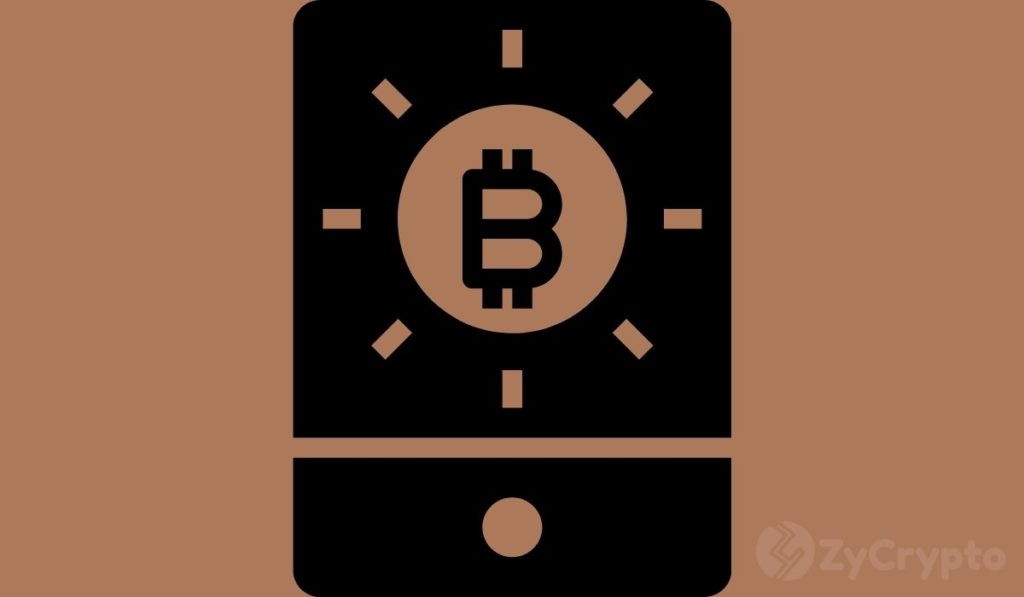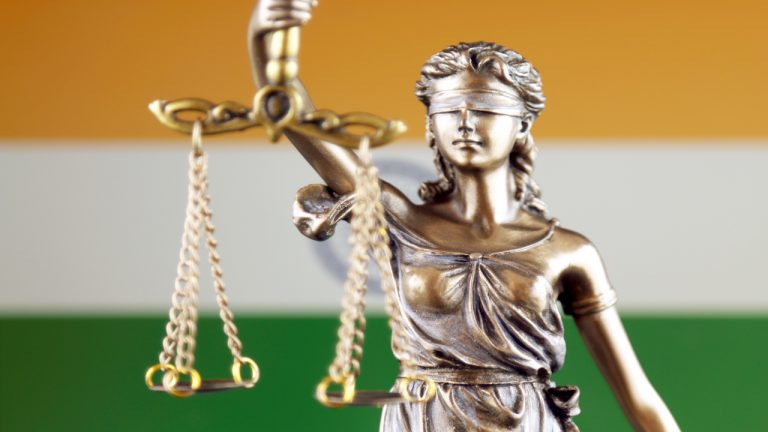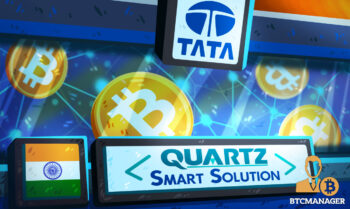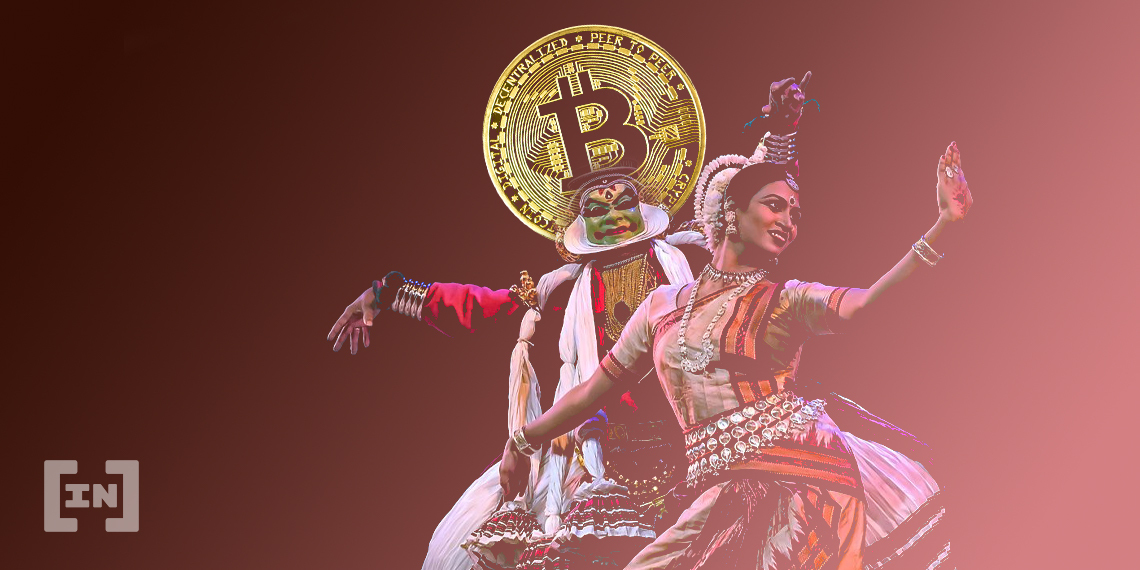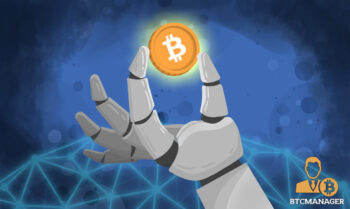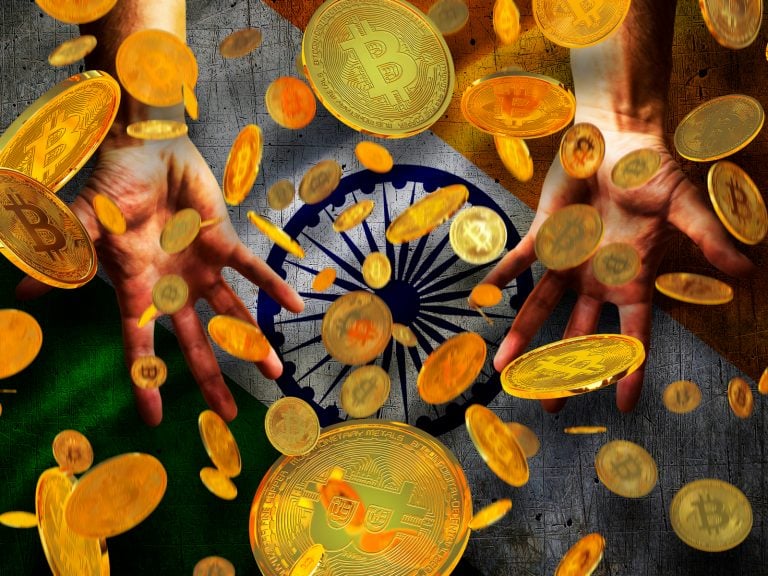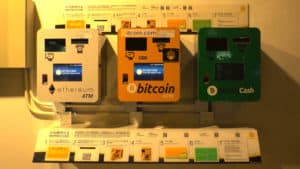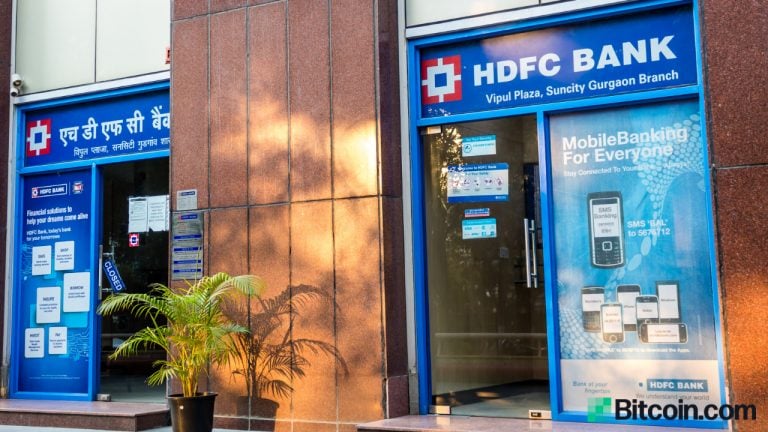
2021-6-2 13:30 |
One of India’s leading private banks with 5,608 branches and 16,087 ATMs, HDFC Bank, has published a report stating that “it is just a matter of time before Indian investors have legal access to crypto plays.” This statement came as the bank scrutinizes crypto transactions in customer accounts.
HDFC Bank Predicts Legal Acess to Crypto in IndiaHDFC Bank, a leading private bank in India, published a Treasury Research report last week detailing its view on cryptocurrency. HDFC Bank currently has 5,608 branches and 16,087 ATMs across India. The bank was among the first to receive approval from the Reserve Bank of India (RBI) to set up a private sector bank in 1994.
“Like most conventional investors, we are yet to reconcile the often-conflicting properties of cryptocurrencies,” reads the bank’s report, entitled “Cryptocurrencies: Fad or Forever?” While acknowledging that cryptocurrency “helped to hedge against sharp movements in other asset classes,” the bank’s economists argued that “its own volatility … is a bit of a dampener.”
Nonetheless, the report notes that “with central banks stepping into the crypto game, essential properties like limited supply of legacy crypto, this is a space that needs to be watched closely.” The bank stated:
We think it is just a matter of time before Indian investors have legal access to crypto plays.
The report further points out that “cryptocurrencies are one of the best-performing assets,” with BTC returning 10,869% since 2015. The meme crypto dogecoin is also analyzed in the report. The bank explained that the “Price of dogecoin depends on narrative” and “There are no fundamentals behind it that can stain prices.”
The bank did not elaborate on what kind of legal access it is referring to. Cryptocurrency is not banned in India and investors can go to a number of local crypto exchanges to buy, sell, and trade cryptocurrencies with INR. Both the central bank and the government have independently confirmed that there is no ban on cryptocurrency, crypto exchanges, businesses, or traders in India.
The Indian government, however, has a draft cryptocurrency bill that contains recommendations to ban cryptocurrencies, like bitcoin. However, the government is reportedly setting up a panel of experts to re-evaluate the recommendations for crypto regulation.
if (!window.GrowJs) { (function () { var s = document.createElement('script'); s.async = true; s.type = 'text/javascript'; s.src = 'https://bitcoinads.growadvertising.com/adserve/app'; var n = document.getElementsByTagName("script")[0]; n.parentNode.insertBefore(s, n); }()); } var GrowJs = GrowJs || {}; GrowJs.ads = GrowJs.ads || []; GrowJs.ads.push({ node: document.currentScript.parentElement, handler: function (node) { var banner = GrowJs.createBanner(node, 31, [300, 250], null, []); GrowJs.showBanner(banner.index); } });
This HDFC Bank report was published at the time when some of the bank’s customers said that they received a letter stating that cryptocurrency transactions are not permitted. The bank cited the RBI circular of April 2018 which prohibited financial institutions from dealing in cryptocurrencies. However, the Indian supreme court quashed this circular back in March of last year, allowing banks to resume providing services to crypto businesses, including cryptocurrency exchanges.
Despite the supreme court’s ruling, several banks still cite this circular when scrutinizing crypto-related transactions in customer accounts. In its recent letter to customers, HDFC Bank wrote: “To comply with the regulatory guidelines … the banks are advised to exercise due diligence by closely examining the transactions carried out in the account on an ongoing basis.” The bank’s letter concludes:
Request you to visit the nearest HDFC Bank branch within 30 days of the date of this communication to clarify the nature of these transactions. In case we do not hear from you, the bank will be compelled to restrict transactions in your account without further notice.
However, on Monday, India’s central bank issued a notice to banks clarifying that the circular in question is “no longer valid” and should not be cited or quoted when dealing with cryptocurrency.
Do you think cryptocurrency will soon be legalized in India? Let us know in the comments section below.
origin »Bitcoin price in Telegram @btc_price_every_hour
Indian Rupee (INR) на Currencies.ru
|
|
